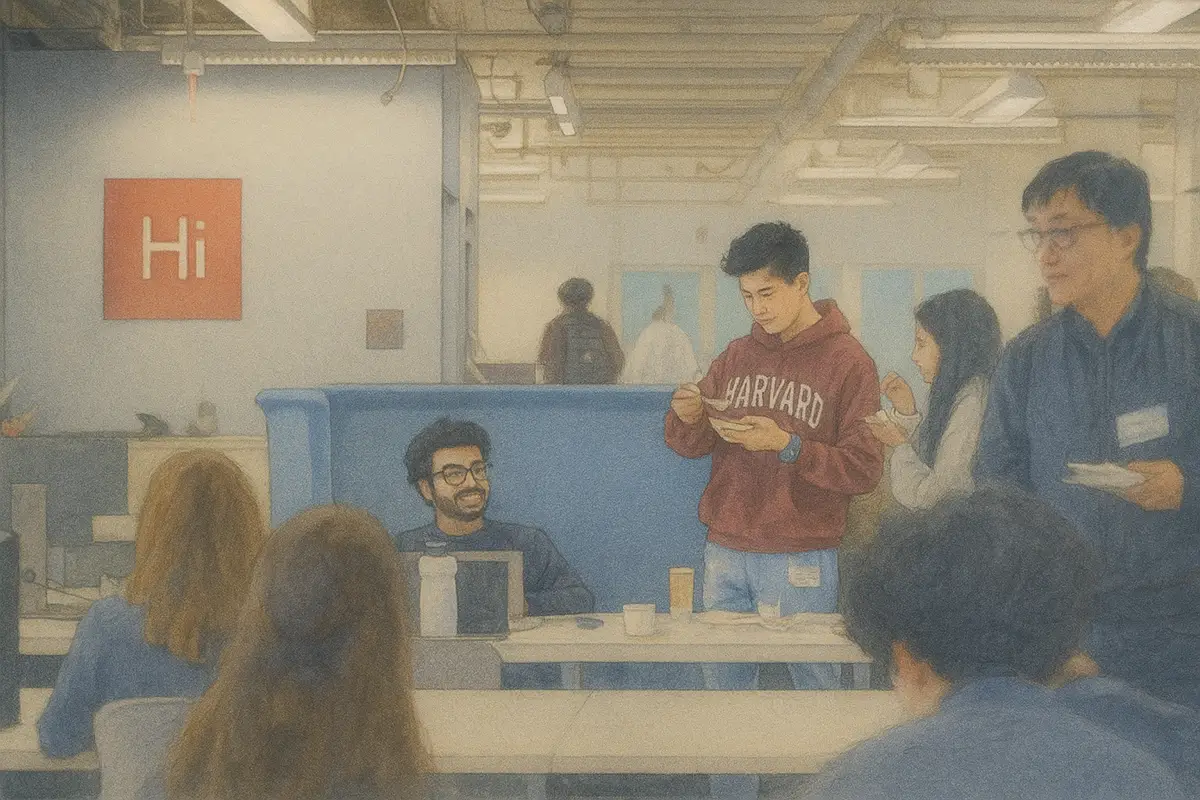.jpg)
AI is reshaping every major institution in society — and government is no exception. But unlike most of the private sector, state and local agencies don’t have the luxury of experimenting in the abstract. Their choices impact millions of people’s lives.
So the real question becomes: How can public servants harness rapidly evolving AI technologies in ways that meaningfully improve communities — safely, effectively and at scale — right now?
This is the question state and local government technology leaders wake up to every day. They’re the ones testing, deploying, and refining real-world AI tools. And the only way they can keep pace with the speed of change in civic tech and AI is by learning from their peers in real-time. That's why we’re so excited about a special gathering earlier this week. Civic Roundtable had the privilege of convening over 30 state and local government leaders from 13 states and 5 time zones to tackle the nut-and-bolts opportunities, challenges and questions of what AI innovation looks like in government today, and how it could look tomorrow.
The venue for these timely discussions was Roundtable’s 2nd Annual Public Sector AI Summit, hosted by the Social Innovation and Change Initiative (SICI) at the Harvard Kennedy School. The Summit gathered government leaders together in one (large) room to share stories of AI implementation wins, early experiments, and plans as well as — just importantly — their visions, challenges, and questions.
The result was an inspiring meeting of minds: A moment for leaders pushing the boundaries of innovation in their own states to connect candidly, listen intently, share experiences, seek advice, and provide expertise to their peer practitioners from across the country about practical applications of AI in government.
Brittany Butler, founding Executive Director of SICI kicked off the day’s programming by reminding attendees that innovation must center on people and outcomes, not technology and tools. “When we talk about social innovation at SICI, people often ask ‘Oh, like tech start ups?’ and I say, 'No... like democracy.’ That is my favorite example of an early social innovation.”
Participants then explored different approaches to consider “agency” in AI applications in a workshop created and led by Mitch Weiss, Richard L. Menschel Professor of Management Practice and Emma Bloomberg Professor at Harvard Business School. Weiss left participants with powerful frameworks to consider how AI might be evaluated across different spectrums of autonomy and accountability, and what this means for empowering public servants.
The following session put the spotlight on our attendees. In two rounds of Lightning Talks, attendees heard first about real AI wins from 2025 — the technology implementations already at work in states across the country — and the visions for 2035. This gave participants a front-row seat to the cutting edge of recently and soon-to-be launched AI implementations that meet the standards of governments and exposure to forward thinking about AI in the not so distant future — what might look different and how we can meaningfully prepare for those changes.
The day closed with in-depth small group working sessions that provided dedicated space for state and local leaders to roll up their sleeves with peers from across the country to have real conversations working through practical implementation challenges. This was peer problem-solving at its best for a group who have too few opportunities to connect with true peers who can understand, identify with, and offer practical, informed guidance about the challenges facing these technology leaders.
The Summit surfaced insights drawn from across the experiences of the state and local leaders gathered. Attendees are in the midst of tackling everything from AI procurement and long term budget planning, to optimizing for accuracy and training a workforce to adopt AI tools. The following cliffhanger questions — and the frontline experiences motivating them — represent a small window into the state of AI implementation today for state and local governments.
How do we move from pilots to production?
How do we enable and train our workforce for AI?
What governance frameworks actually work in practice?
How do we scale while ensuring equity and transparency?
What can AI unlock that was previously impossible?
How can AI bridge organizational silos?
At Roundtable, we don’t pretend to have all the answers — but we know who does. We're committed to listening to and learning from the public servants pushing the boundaries of AI in government.
Bringing this group together was more energizing than we imagined. These cross-state, cross-agency conversations are moving our field forward. We believe the public sector is a force for good, and that AI — when built with and for public servants — can reduce burnout, improve effectiveness, and close the gap between what is and what could be.
Thank you again, to SICI and the public servants who made the trip, ensuring we’re all in this together. We look forward to sharing even more insights from our 2nd Annual AI Summit – so stay tuned.
Learn more about how Roundtable is approaching AI for Government.

Subscribe to our blog today for Roundtable news and product announcements, straight to your inbox.